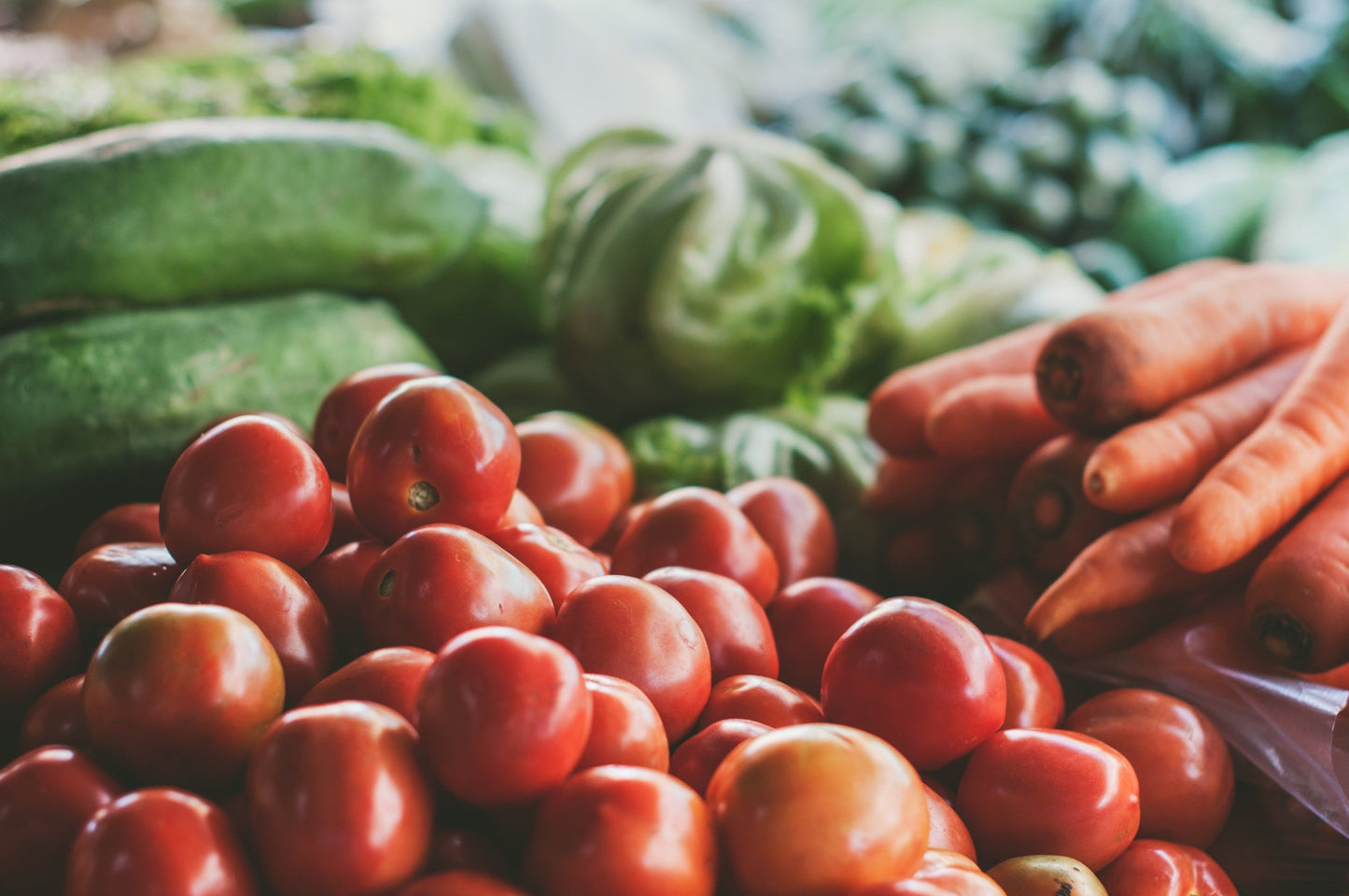
No, tomatoes, peppers, eggplant (and other nightshade plants) are not causing inflammation in your body, so you don't have to stop eating them. This myth has been making the internet rounds (no) thanks to popular diets like Whole30 and some Paleo-based diets which demonize and eliminate entire food groups like the nightshade family, grains and legumes under the premise that they are "inflammatory" foods. While those diets may have good wellness and weight loss benefits for some, unfortunately, the scientific evidence to substantiate that any of those pinpointed foods are pro-inflammatory is weak to nonexistent. In fact, the entire opposite may be true. So what is the best diet to reduce inflammation in the body? What foods are naturally high in anti-inflammatory compounds? Keep reading to find out... Thanks to a new Dietary Inflammatory Index or DII, we now have concrete evidence of nutrients and foods which actually demonstrate an effect on inflammation. The DII is an evidence-based tool developed by researchers who reviewed over 1,900 research studies related to the effect that certain foods and compounds within foods actually have on markers of systemic inflammation in the body.
Why are tomatoes thought to be inflammatory?
Tomatoes are thought to be inflammatory because they may contain solanine, an alkaloid found in plants of the nightshade family which also include potatoes and eggplants. Solanine contributes to the protection of the plants against attack from deadly fungi. The heaviest concentration of solaline is found in stems and leaves but not the actual fruit. In fact, solanine content of tomatoes decreases during fruit ripening but still isn't high enough in any developmental stage to cause health problems according to this study. Solanine is a bigger problem in potatoes especially those with green discoloration and bitter taste. Even still, someone would need consume 50+ large potatoes to get near a toxic dose of solanine.
What is inflammation?
There are two types of inflammation: acute and chronic. Nonetheless, inflammation is a response given by your body to protect itself from infection, illness or injury. Thanks to inflammation, your body increases its production of white blood cells, immune cells and cytokines, substances that help fight infection. Acute inflammation is short-term and may occur if you sprained your ankle during a run, for example. Signs include redness, pain and swelling. Chronic inflammation on the other hand does not have noticeable symptoms and occurs inside the body. This type can lead to various conditions like diabetes, heart disease or cancer. Unhealthy lifestyle factors can also contribute to inflammation in the body such as a high-stress life, or diets high in refined carbohydrates/sugars (e.g. high fructose corn syrup) and highly processed foods.
Can the foods we eat help to reduce inflammation?
Yes. Eating more anti-inflammatory foods and less inflammatory foods can help to reduce systemic inflammation, and thus help to reduce the chance of developing conditions like those mentioned above.
So, what foods are truly anti-inflammatory and which are pro-inflammatory?
Find out what foods are truly anti-inflammatory, pro-inflammatory and supported by real science rather than speculation here.
By: Scarlett Full, in-house Registered Dietitian
